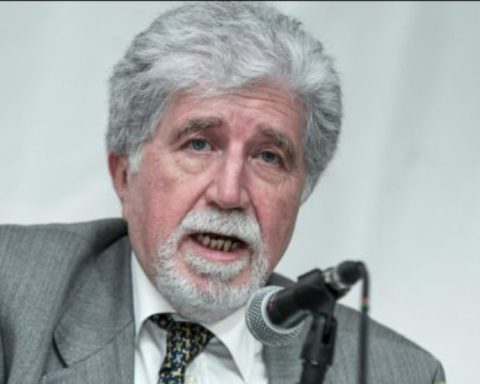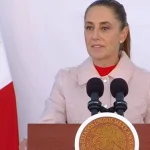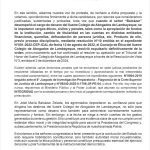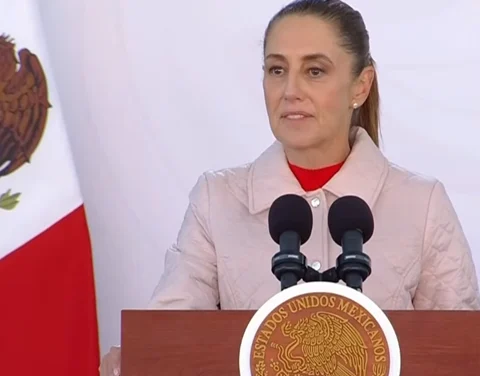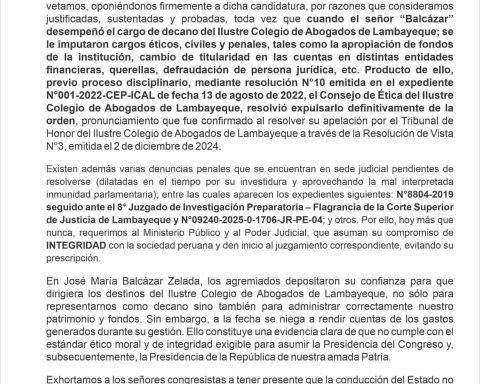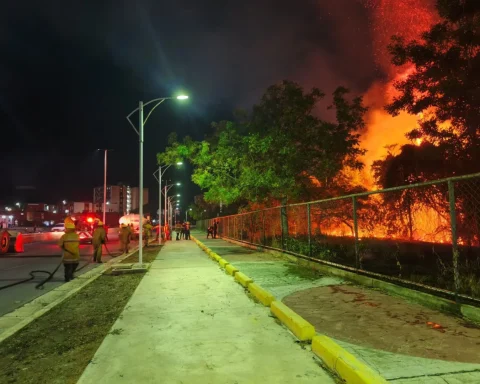For more than nine months, Uber, Cabify, drivers and the Municipality of Montevideo (IM) have been sitting at the same table to negotiate an exit from the transition regime in which the system has been immersed since 2019.
On that date, the commune created new rules that, if they come into effect, would leave some 400 people who already operate with the applications out of the game. That is why the regulations were extended to give an adaptation period, later delayed by a pandemic that disrupted mobility in Montevideo from end to end.
Now yes, the transition is not going to run anymore, and the Intendancy sent to the Departmental Board a draft decree to relax in some terms the regulations approved at the time by the administration of Daniel Martínez.
On the one hand, the text signed by Mayor Carolina Cosse plans to open the doors to a cooperative modality of up to five people who can work in the service. The last decree of the Martínez administration established that only the permit holder – who has to be the owner of the car – and an additional driver up to the second degree of consanguinity could drive with the applications: grandchildren, grandparents and siblings.
with the new wording now they will be able to handle both the permit holder and the additional driver and the cooperative partners. What’s more, the IM proposes to extend up to a third degree the level of consanguinity admitted for the extra driver. That way you can also operate the uncles and nephewsas anticipated The Observer. The permit holders will have to declare them previously to join the activity.
Another modification introduced by the Carolina Cosse administration is that it should also “allow and facilitate the ascent of guide dogs that accompany people with visual disabilities or therapeutic treatments.” Weeks ago the commune already gave the go-ahead for pets to be allowed into taxis.
The new system of cooperatives promoted by the IM responds to a request from the Application Drivers Association (ACUA) last year to contemplate the reality of more than 400 drivers who today do not have their own car.
The IM based the changes on the need to “preserve job sources”. The regulation of the transportation system through applications – today there are only Uber and Cabify in the market – was established through two decrees after the landing of the multinational Uber at the end of 2015. The business modality took the Uruguayan legal regime by surprise, and the capital commune established in a short time restrictions to a model that still did not have clear rules.
Since then, the application and its drivers have denounced the deterioration of the service –between the increasingly frequent dynamic rate and the failure to capture trips–, while the taxi begins to gain ground in the market.
The company is fighting for the opening of the registry of permit holders, closed years ago by the IM despite the fact that it is far from the limit of 4,000 quotas set by the last decree. Until the middle of last year there was a number of active permit holders just over 2,000.
Months ago Uber kicked the board and opened the doors so that the taximeter service can also grab trips with the application. The announcement took all the players in the system by surprise, and led the Single Taxi Guild to begin asking for exclusive contracts from its partners, as reported by The Observer.





